Thirteen years ago, our lives as a family changed forever. My diagnosis with a non-malignant brain tumour drew a line in the sand of “life before” and “life after”. Having a supportive and strong medical team around me was an essential part of helping manage the ever present uncertainty. One of these people was Dr. Alfredo Quinones- Hinojosa.
I met ‘Dr. Q”, as people call him, when he was at Johns Hopkins in Baltimore, USA. He is now the Chair of Neurologic Surgery at the Mayo Clinic in Jacksonville, Florida.
Two years after my diagnosis, my brain tumour doubled in size, my brain became swollen and I needed brain surgery to remove the tumour and save my life. Enter Dr. Q and his team.
Ten years later, I may not remember the small details but I can still remember how Dr. Q and his team made me feel.
This is what truly defines the #patientexperience for me as a patient.
“the sum of all interactions shaped by an organization’s culture that influence patient perceptions across the continuum of care.”
It’s also what the process of receiving care feels like to me. As Maya Angelou so eloquently said “People will forget what you said, people will forget what you did, but people will never forget how you made them feel.”
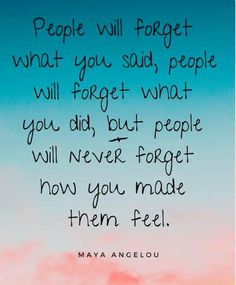
When I arrived at Johns Hopkins, ten years ago, I was acutely ill. Dr. Q saw me immediately. His first words to me were, with a smile on his face: “I am so happy to see you here. You are in the right place, and everyone is going to take good care of you” I felt safe and calm. These were big and important feelings for me in that moment.
The next morning before my surgery he arrived at my bedside. He held my and let me know he was ready to go, everything was going to be ok and he and his team would see me in the operating room.
As the ICU staff got me ready for surgery, my husband stood to the side of my room. My brain was foggy, my legs heavy, my memory like cotton wool. As I was wheeled out the ICU, the staff all wished me well, good luck and we will see you soon. I felt safe and calm.
My husband leaned over to kiss me goodbye in the hallway.
As I lay alone on the stainless steel cold operating table, I glanced around the busy room as scrub nurses and people moved around me. Blue draped tables, stainless steel instruments, bright white lights above me. This was the first time I had felt the first inklings of being nervous. My brain was too swollen to really recognize what was going on. A nurse asked me if I needed anything as she wrapped a warm blanket around me. The nervousness was now rippling through my body like a cold chill. “Could someone please hold my hand before I go under?” “Of course, I will do that” she said. Instantly, I felt a wave of calm come over me.
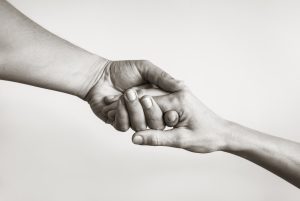
What mattered to me most in that moment was feeling a physical link back to reality as I was being put under general anaesthetic.
This is how Dr. Q and his team made me feel. During the most vulnerable point in my life. My life, my brain was literally in their hands. And I felt calm and safe.
To this day, whenever I have surgery, I always ask someone to hold my hand before I go under. This is because of how Dr. Q and his team made me feel. Such a small gesture, with such a huge impact for me.
They asked what mattered to me, what I needed most and it impacted my patient experience in such a positive way. Will that nurse ever know how her simple question impacted my experience of care so dramatically that it impacts me to this day?
Will the nurse who cared for me so kindly and attentively after I woke up and the days thereafter know that I remember her son loved Lego? Will the gentleman who brought me a cupcake on my tray for lunch when I was able to eat know how human that made me feel? Everyone along my care pathway impacted my experience of care.
While lying in the ICU and seeing the interactions between the staff around me also showed me just how critical the #humanexperience really is. The people caring for me and how we care for them is just as important.
Dr.Q continued to visit me in the ICU, even in the early hours of the morning on his way to Washington to ask for more funding for brain tumour research. Time to check in with his patients was never too much, always compassionate, always caring. His work is more than just a medical procedure to him.
To this date, I have remained in contact with Dr. Q, ten years later. We have partnered on peer reviewed papers and his team has graciously given input and time in my design sprints on how to support individuals affected by brain tumours.
That is just who he and his teams are.
As I look forward to attending the Elevate 2023 conference next week to learn and further my knowledge on Patient Experience to inform my work, I look forward to be able to greet Dr. Q a decade on, as he presents as a key note speaker.
His care as my neurosurgeon ten years ago saved my life. His care as a human being ten years ago continues to inspire my life.
It goes back to the fundamentals. We are all human beings after all and connection is at the very core of our beings. The human experience and asking what matters to people, patients, families, caregivers and staff, and how we make each other feel, that’s what matters at the end of the day.
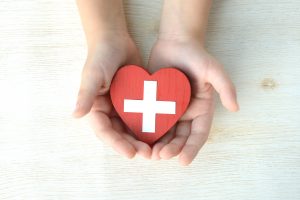
#humanexperience
#patientexperience
#WMTY

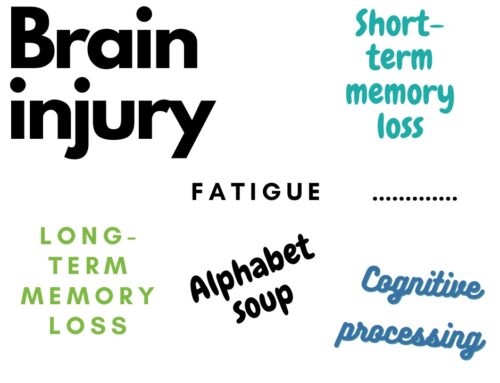
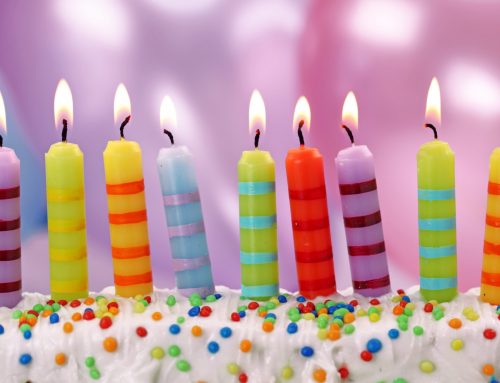
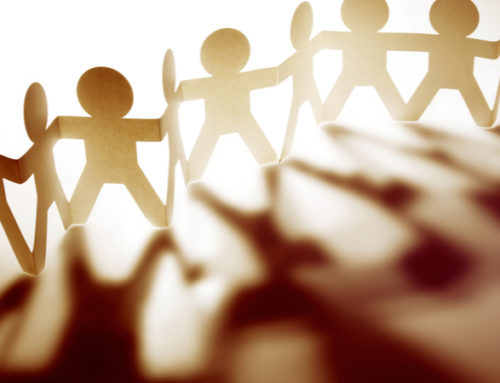
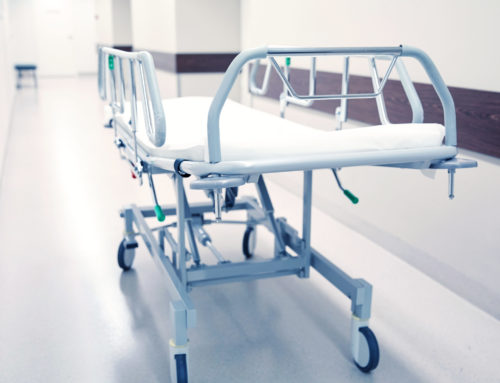
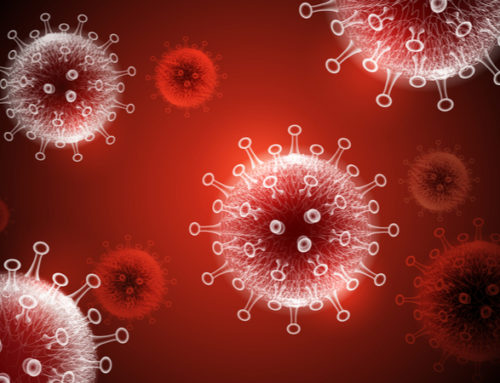
Thank you for sharing your experience. I, too, have a colloid cyst of the third ventricle. I have had a headache literally for 18 months straight–no relief ever. Every day all day all night. My neurologist and neurosurgeon do not believe the tumor is the cause of the headache because they claim it is too small to cause this. What size was your tumor when you first found it and what did it double to, if you don’t mind me asking? Mine is currently between 4-5 millimeters. Thank you for your bravery and honesty.
So sorry for the late response! I am so sorry to hear this. Headaches can be very debilitating and especially if you are having them for so long. My tumour was 1 cm when they first found it (due to vertigo and migraines) and then when I had hydrocephalus, it was 2cm. However, we did a study in 2016 and headache is by dar the most common symptom in people. Here is a link to the study: https://journals.sagepub.com/doi/full/10.1177/0333102416648654?rfr_dat=cr_pub%3Dpubmed&url_ver=Z39.88-2003&rfr_id=ori%3Arid%3Acrossref.org I do often hear this from people that they are told that their headaches are not caused by their colloid cyst. This study looks as how much disability headaches can cause on quality of life for people with colloid cysts. Hope this might help you out or one of your specialists as well. Take care, Claire